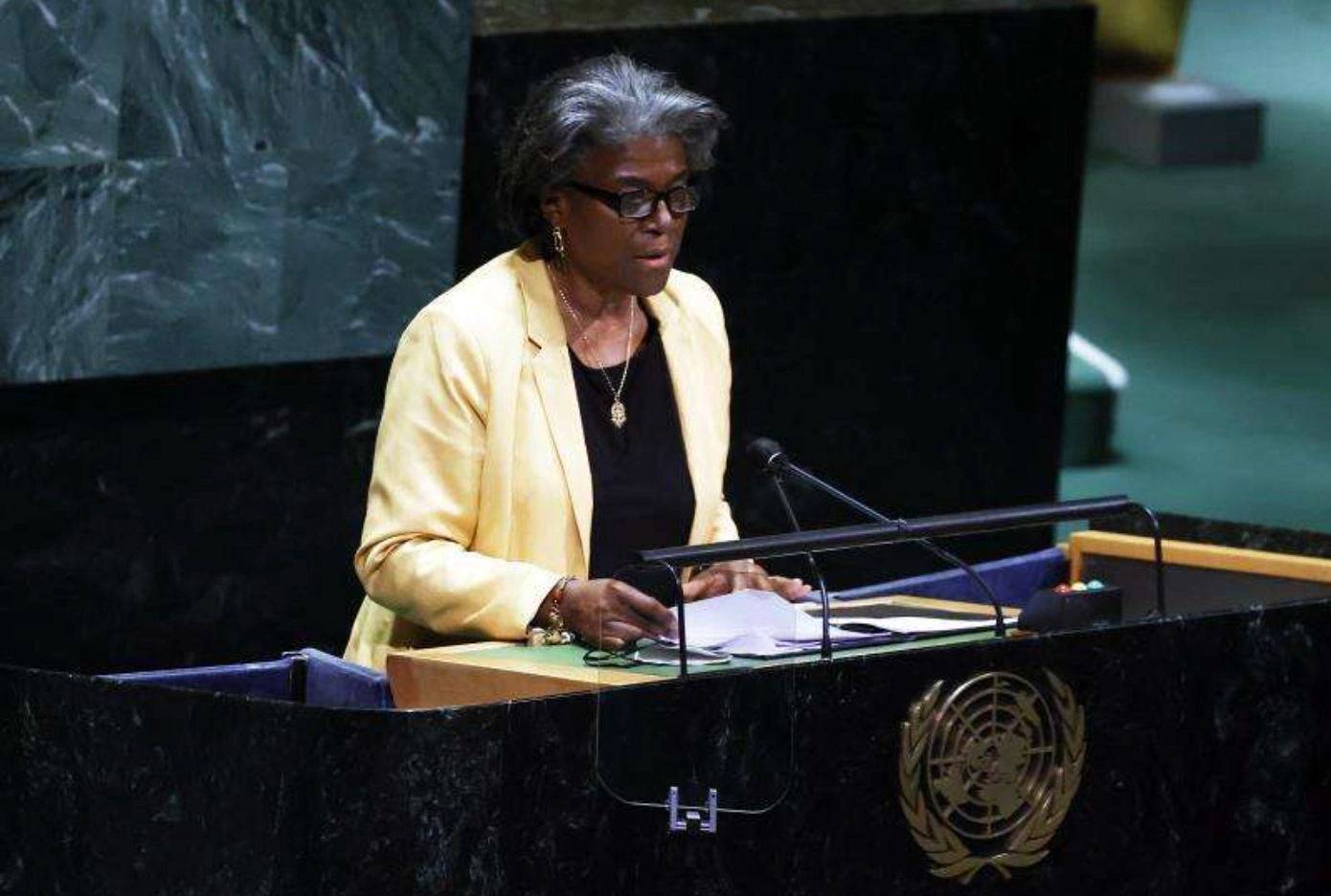The second session of the United Nations Permanent Forum on People of African Descent was recently held in New York with the presence of more than 5,000 government delegates and organizations of the Afro-descendant transnational social movement. Several Afro-Latin American organizations were also present, making visible the problems affecting the Afro-descendant population in the region, presenting proposals and providing solutions.
The meeting was important because it brought together Afro-descendants mobilized. It is a civilizational expression with deep cultural roots inherited from more than 1,200 African ethnic peoples. On the American continent, from Alaska to Patagonia, and in all the Caribbean nations, Afro-descendants number more than 200 million people. We are a transnational ethnic community that originated from the trade of enslaved Africans.
Afro-descendants of the Americas are self-determined peoples, in the same sense that international law does for “indigenous and tribal peoples,” according to Convention 169 of the International Labor Organization (ILO). This condition, according to the Jurisprudence of the Inter-American Court of Human Rights, constitutes them as subjects of collective rights, which are recognized by several national legislations and are indicated in the General Recommendation No. 34 of the Committee on the Elimination of Racial Discrimination (CERD) of 2011.
Latin American proposals in the Permanent Afro-descendant Forum
The Latin American Articulation for the Decade on People of African Descent (ALDA) welcomes the fact that the second session of the Permanent Forum for People of African Descent will address the general theme of “Realizing a Dream: The United Nations Declaration of Rights on the Promotion, Protection and Full Respect for the Human Rights of People of African Descent”. In this regard, we recommend the need for a conceptual, political, and legal orientation on the rights of Afro-descendants, taking into account the jurisprudence, the legal recognition achieved in Latin American and Caribbean countries, in addition to the need to recognize the self-determination character that, from the Afro-descendant civil society, is defined.
In relation to Global Reparative Justice for slavery, we believe that it can be a path that strengthens the self-determination and autonomy of Afro-descendants. Consequently, their collective rights as a people, especially the right to development and the full enjoyment of scientific and technological progress. Reparations in some cases must be material, i.e. a commitment by the international community to guarantee the economic, social, cultural, and technological rights that the West has systematically denied to people of African descent.
In relation to Pan-Africanism, we consider it fundamental to strengthen solidarity among peoples and nations of the African Diaspora through actions such as the promotion of diplomacy between states, encouraging the opening of headquarters and missions between African and Latin American countries; the promotion of social, solidarity and community economy among African and Afro-descendant peoples and communities in Latin America; the creation of educational exchange policies, especially those related to higher education, including the creation of a brotherhood university among African and Afro-descendant Peoples; the realization of the project of the Sixth Region of the African Union, generating measures for the institutionalization of universal citizenship for the diaspora peoples, which would commit African and Latin American countries to recognize the multiple nationality of those who wish to do so.
With respect to transnational migration and the increase in African and Afro-descendant migrants in Latin America and the Caribbean, we call on nation-states to respect already established migration agreements; to condemn the racialized view of migration; to develop protection measures for women, children, the elderly, and vulnerable migrants. We consider that migration should be seen as a human right and that it is necessary to denounce anti-immigration and structural racism that threaten the quality of democracy and question the civilizing nature of the West.
At the same time, we consider it essential to collect data to recognize systemic and structural racism. We believe that statistical visibility is an effective mechanism not only for situational diagnosis but also for the orientation of public policies, development plans, and effective measures to guarantee rights.
It is necessary to take measures in terms of health, welfare, and intergenerational trauma. Factors such as the precariousness of the health infrastructure, the minimal access to the health system, and the total absence of adequate hospitals in the Afro-descendant territories of Latin America, are evidence of the profound inequalities that mark the daily life of this population. Therefore, we call on governments to provide health infrastructure and hospitals to Afro-descendant communities as an act of reparation; to improve mechanisms, techniques, and ancestral knowledge regarding Afro-descendant health practices; to promote effective public policies to make ancestral midwifery practices and cultural care of the most vulnerable a health policy priority.
In the same way, we believe it is necessary to reject scientific experiments that, without authorization and with an enormous burden of racial prejudice, health institutions often carry out against communities. And finally, it is necessary to generate strategies to preserve the ancestral territories of the Afro-descendant communities, as the basis of ancestral knowledge of health and healing.
*Translated from Spanish by Janaína Ruviaro da Silva











